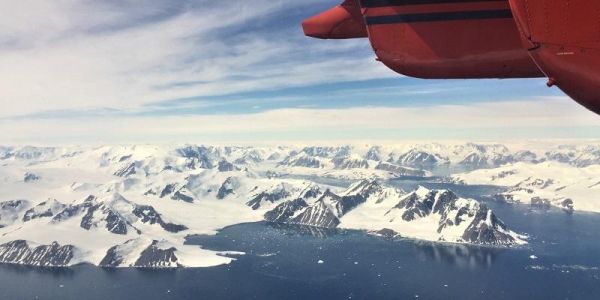
Satellites reveal speed-up of Antarctic glaciers
Glaciers along the Antarctic peninsula are flowing faster in the summer because of a combination of melting snow and warmer ocean waters, say researchers.

Glaciers along the Antarctic peninsula are flowing faster in the summer because of a combination of melting snow and warmer ocean waters, say researchers.
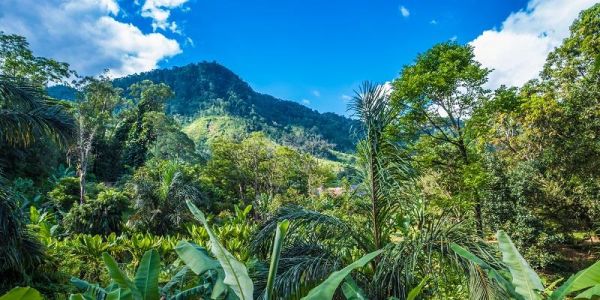
Governments are not using the latest mapping technology to report key environmental data about tropical forests to the UN, say researchers.

World War II-style rationing could be an effective way to reduce carbon emissions, according to new research from the University of Leeds.
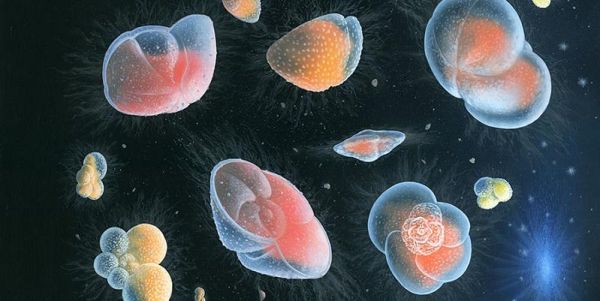
Researchers have used nearly half a million fossils to solve a scientific mystery - why the number of different species is greatest near the equator and decreases towards polar regions.

The UK’s laundry releases microfibres weighing the equivalent of up to 1,500 double-decker buses every year, according to new research.

A major analysis of the carbon footprint of universities and FE colleges has revealed for the first time the source and scale of their emissions.
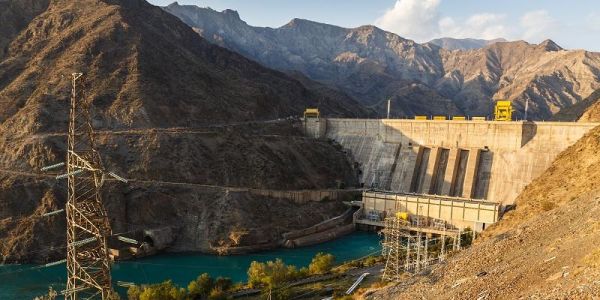
Scientists have analysed data from nearly three million rivers across the globe to identify where hydropower stations could be sited with limited environmental impacts.
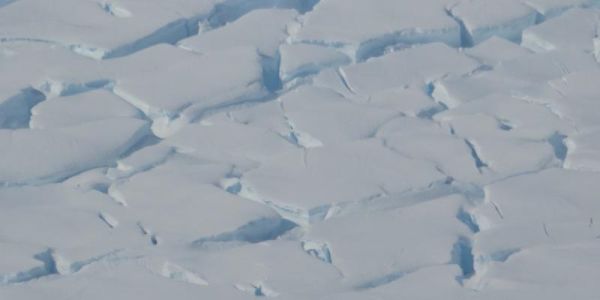
Scientists have developed AI to track the development of crevasses - or fractures - on the Thwaites Glacier ice tongue in west Antarctica.

Phosphorus use in the UK needs to be better managed and used in a much more sustainable way to reduce river pollution and increase resilience over rising fertiliser prices, say researchers.

Reforestation projects could be made more effective with the findings of new research into the constraints on nitrogen fixation among plants.